15 Common Mistakes People Make at Auctions

Whether you’re vying for a prized collectible or offloading an old family heirloom, auctions can be thrilling events. There’s just something about the energy in the room when the gavel strikes down to seal a deal. But the novelty and excitement can also result in rookie mistakes that cost both bidders and sellers alike. From overestimating the value of an item to overlooking hidden fees, here are 15 common auction mistakes to avoid to help you make smarter decisions and maximize your profits.
1. Overbidding in the Heat of the Moment

Auctions are designed to ignite competition, but that also means you can easily get swept up in the thrill of bidding wars — especially if you’re a competitive person (ahem, guilty). As a result, many bidders end up spending more than what an item is actually worth. To avoid being driven by emotions rather than logic, always set a firm budget beforehand and stick to it, no matter how tempting it is to outbid someone in order to win the game (again, I am competitive to a T; it’s a toxic trait).
2. Not Accounting for Additional Fees

Winning a bid doesn’t mean you’ve paid your final price. Auction houses often tack on buyer’s premiums, taxes, and shipping costs that can inflate your total by 25% or more. Remember to read the fine print ahead of time so you’re not blindsided.
3. Assuming Items Are Authentic
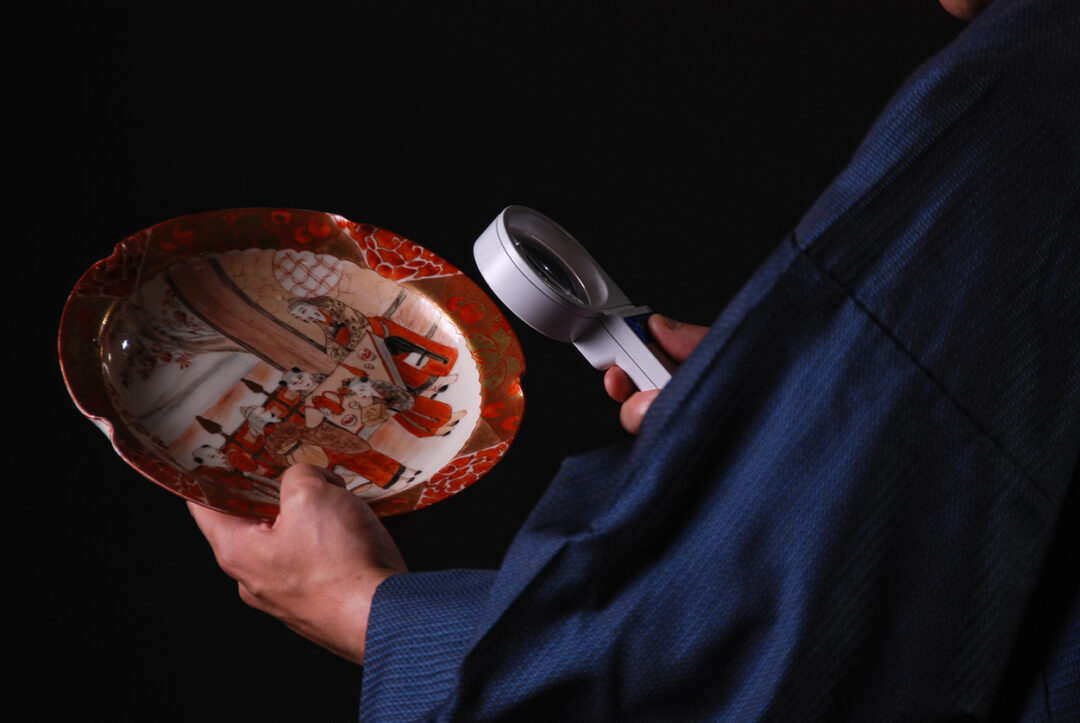
It’s easy to believe an auctioned item is genuine, especially if it comes with a story or looks authentic. But without proper documentation or an expert appraisal, you might end up buying a convincing fake. To avoid getting duped, always ask for proof of authenticity and do your research before bidding on high-value items, regardless of how trustworthy the seller may seem.
4. Ignoring In-Person Auctions

While online auctions are easy and convenient, they also lack the opportunity for buyers to inspect items up close. This was especially true during the COVID-19 pandemic and its aftermath, when many people skipped in-person auctions and events for safety reasons. But this also means you could miss out on seeing potential defects that could affect an item’s price. As my mom has always said, “You never know how you’ll feel about [x item] once you see it in person.” Words of wisdom, indeed.
5. Failing To Research the Market Value
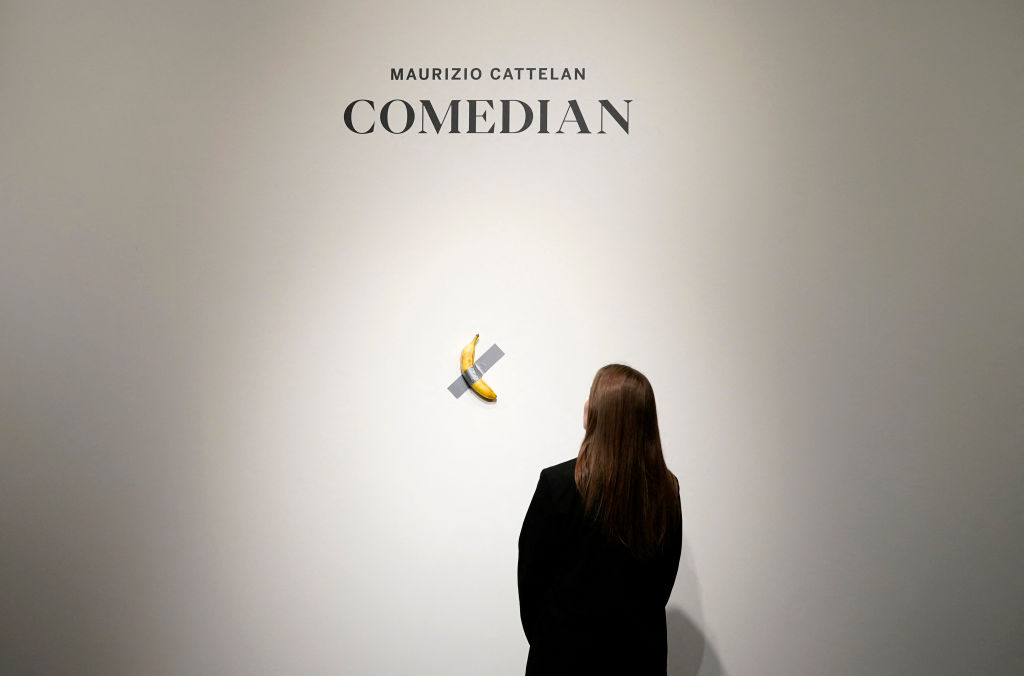
Many bidders don’t take the time to understand an item’s market value before the auction begins. Without this knowledge, you might overpay or underestimate how competitive the bidding will be, especially for hot-ticket items like vintage collectibles or rare art pieces. A little research beforehand can give you an edge to help you bid strategically and avoid potential pitfalls.
6. Selling Without Understanding Reserve Prices

If you’re selling an item, not setting a reasonable reserve price can leave you with less than you bargained for. A reserve is used to ensure your item doesn’t sell for an amount below its minimum accepted offer, and does not need to be disclosed to buyers. To avoid getting lowballed, remember to be realistic with your reserve to attract bidders who are serious about buying.
7. Failing To Inspect Items Carefully
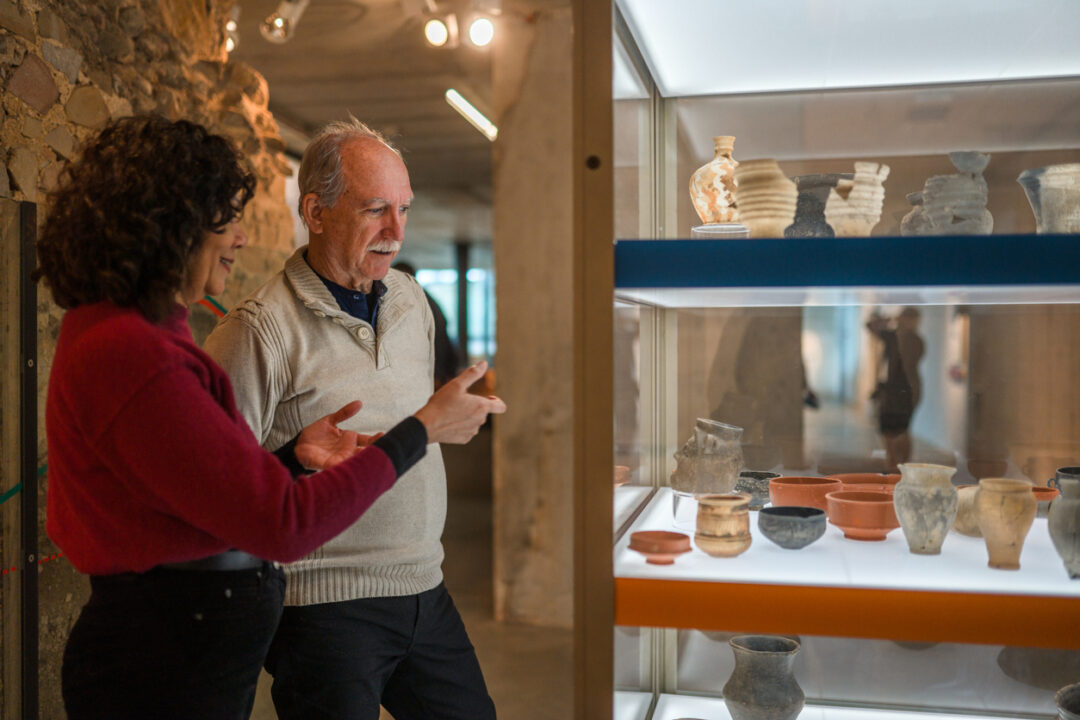
Another common auction mistake that plagues buyers is failing to thoroughly inspect items before agreeing to buy. This can result in items that are damaged, defective, or not as described in the original listing. Remember: Relying solely on pictures or quick glances is not a great way to gauge the quality of the items, and can lead to costly mistakes. Take the time to carefully inspect every detail of an item, especially if it’s a major purchase.
8. Misjudging Timing and Trends

Auction timing and market trends can also heavily impact sale prices. Sellers who auction off items when interest and demand are low may risk earning far less than anticipated. On the flip side, buyers who wait for demand to wane a bit before bidding tend to snag the best deals.
9. Bidding Without a Clear Strategy
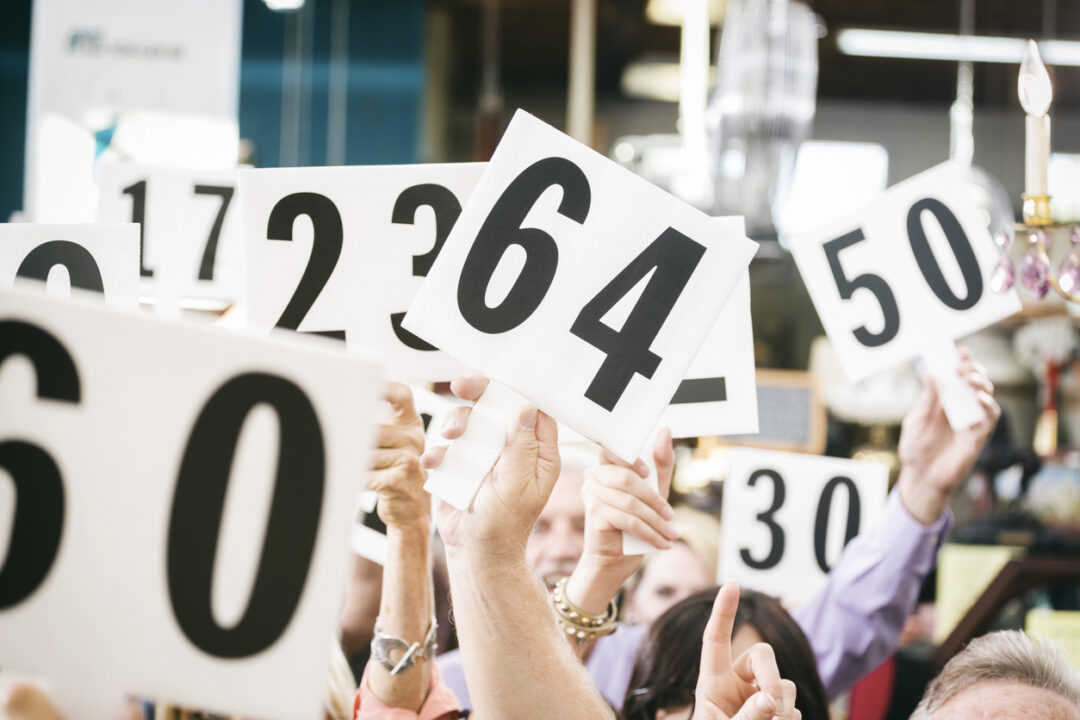
Showing up to an auction without a plan is like gambling blindfolded. Many bidders increase their offers impulsively, only to regret it later. Decide beforehand how high you’re willing to go and avoid early bids to keep your intentions under wraps.
10. Not Paying Attention to Auction Terms and Conditions

Many auctions have strict “no-refund” policies or require items to be picked up within a specific time frame, which can limit your options. Whether it’s understanding payment deadlines, storage fees, or pick-up logistics, having a good grasp on the rules and fine print can save you time, money, and unnecessary frustration.
11. Overestimating Demand

Sellers often assume their items will fetch high bids without considering their target audience or competition. But overestimating demand can lead to disappointment when offers come in low, or the listing just sits there for ages without gaining any traction. To avoid this pitfall, consider researching similar auctions across different resale sites like eBay, Etsy, and Facebook Marketplace to set realistic prices for your items.
12. Failing To Account for Restoration Costs
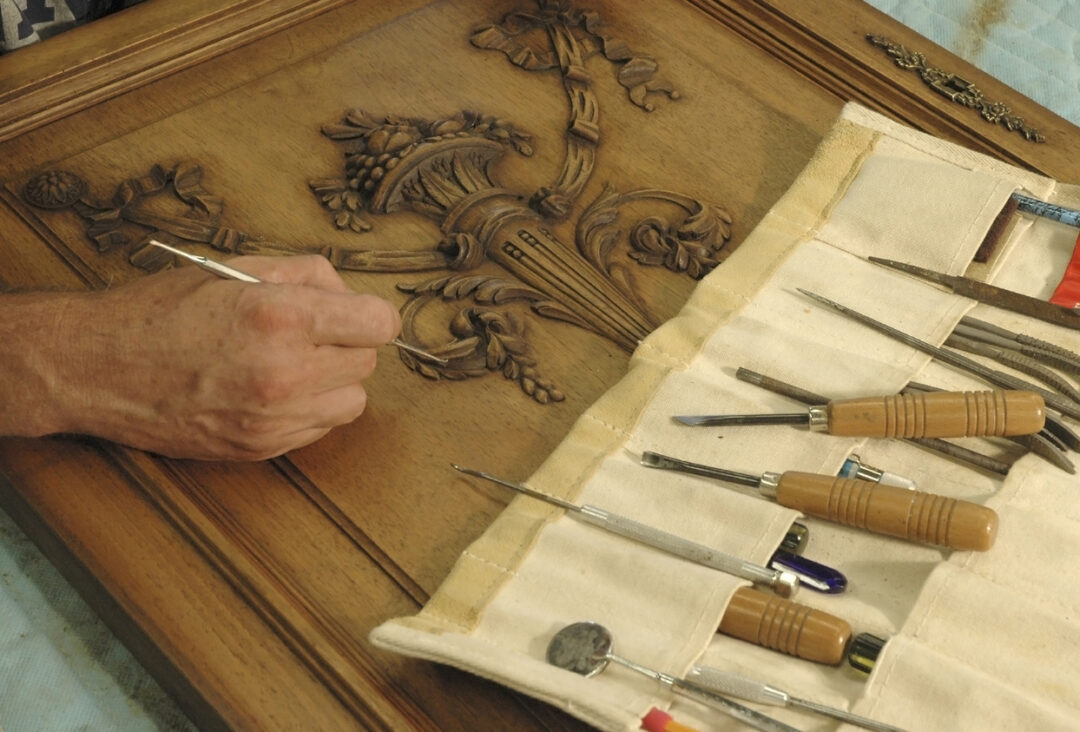
Winning a bid on a bargain item may seem like a victory until you calculate the costs associated with repairs or restoration. Many buyers don’t account for these hidden costs, which can quickly make a “steal” expensive. To avoid this auction mistake, always evaluate the total investment required before making a bid, especially for antiques and collectibles that will need to be touched up.
13. Underestimating Your Competition

Some bidders assume auctions will be a low-key affair, only to then find themselves competing against hardcore bidders that drive a hard bargain. To avoid being outplayed by more seasoned buyers, keep your cards close to your chest, observe the crowd, and adjust your approach accordingly. When in doubt, remember the three Cs: staying cool, calm, and collected.
14. Misinterpreting the Auctioneer’s Signals

Auction jargon coupled with the auctioneer’s fast-paced gestures can be confusing or even overwhelming for first-timers. This can result in accidental bids or missed opportunities. Not understanding how bids are taken or communicated can also cause you to overpay or lose out on a bid entirely. To avoid this, take some time to familiarize yourself with the bidding process beforehand, and don’t be afraid to ask for clarification if needed.
15. Not Considering an Item’s Resale Value

Many bidders focus solely on personal interest or emotional attachment to an item without considering its potential resale value. But this can end up costing you in the long run, especially for items that may lose value or depreciate over time. Even if you plan on keeping the item, it’s worth researching its market value to help you make a sound investment.